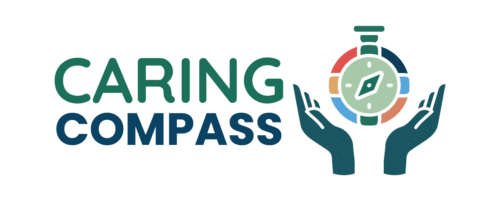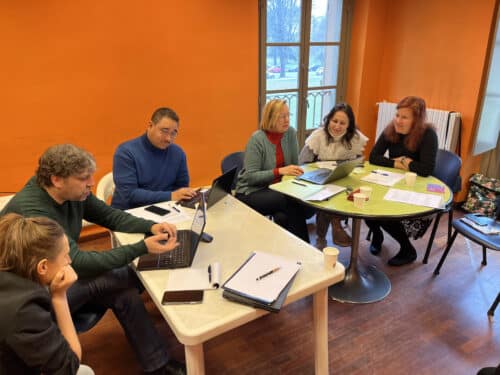Caring Compass
In the social sphere, there is a growing need for a range of personalised support and counselling services: rising unemployment, geopolitical instability, COVID trauma…
These factors are numerous and affect the whole of Europe and all the partner countries involved in this project. The need for social services and labour market services has increased and continues to grow, and social workers and employment agency specialists, for example, are unable to meet the needs of their clients.
Objectives
The main objective of the project is to strengthen the capacities and skills of support persons in the social field so that they can provide targeted, high-quality support to the most vulnerable groups (such as refugees, adults in need, children with special needs). Empowering and improving the skills of support workers (social guardians, support workers) will benefit communities in the following areas in the long term: better social services and the inclusion of more vulnerable target groups in society and the labour market.
Outputs
The project partners expect the following results:
- Dissemination throughout the EU of the needs and expectations of trusted persons.
- Guidance for trainers on how to use new tools and materials to prepare trusted persons.
- Facilitation of the establishment of a clear framework and guidance for service providers and trusted persons.
- Guidance and empowerment for support persons in using the new innovative tools and materials.
Public and beneficiaries
The main target audience for the project is support workers in the social sector. The other target audience is support worker organisers/organisations and support worker trainers. A support worker in the social sphere is someone who undertakes to help another person with social, economic, psychological or health problems if the beneficiary needs substantial support to carry out their tasks and exercise their rights.


Partners

